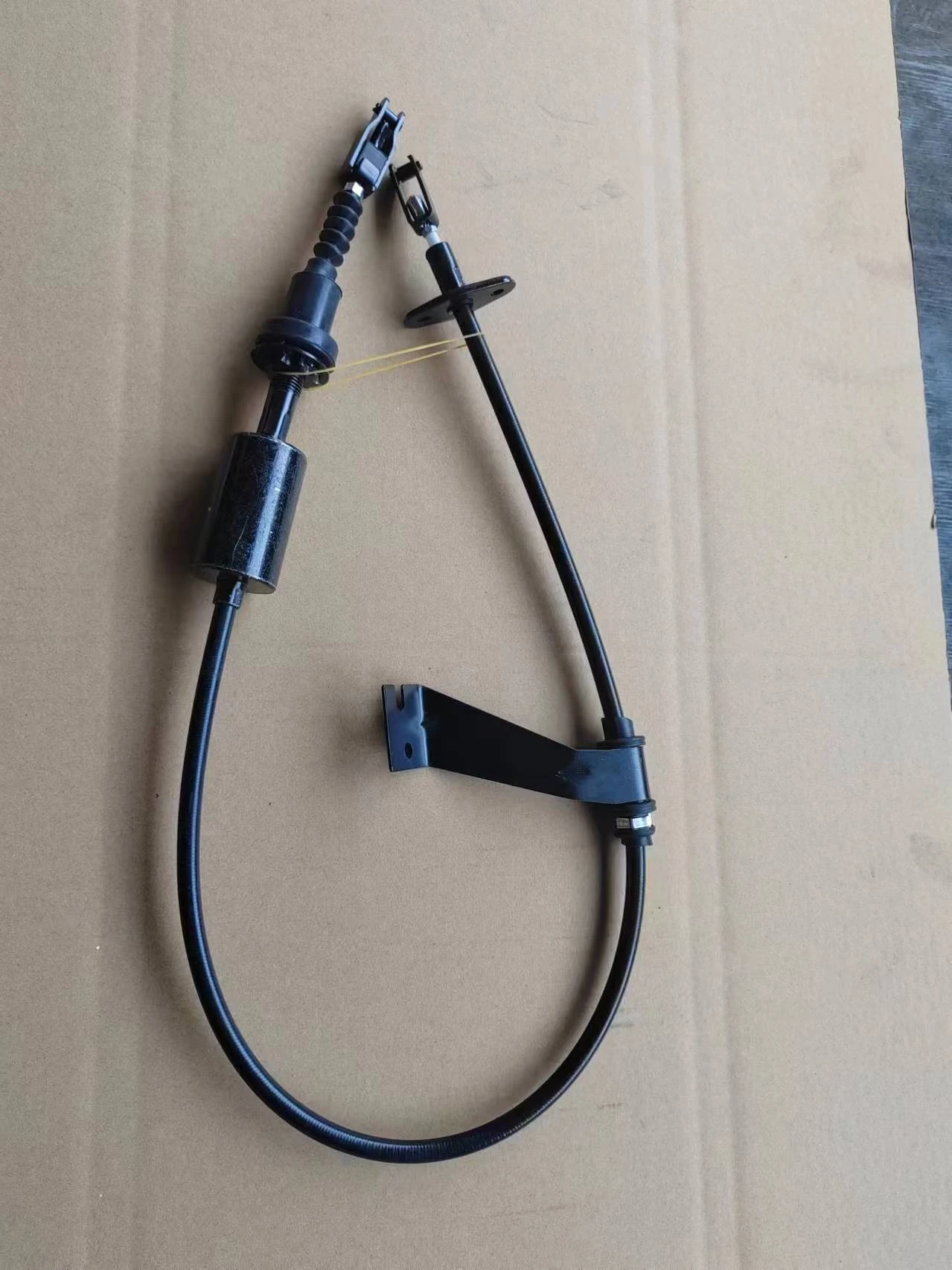Understanding the Function and Importance of Clutch Reservoir Hoses in Your Vehicle
Understanding the Importance of the Clutch Reservoir Hose
When it comes to the functioning of a vehicle’s clutch system, the clutch reservoir hose plays a pivotal role. This seemingly inconspicuous component is vital for ensuring the proper operation of the clutch mechanism, which ultimately affects the vehicle's performance and driving experience. In this article, we will delve into the intricacies of the clutch reservoir hose, its functions, maintenance, and the common issues associated with it.
What is a Clutch Reservoir Hose?
The clutch reservoir hose is a critical component that connects the clutch master cylinder to the clutch reservoir. The primary function of this hose is to transport hydraulic fluid from the reservoir to the master cylinder, where it is pressurized to engage and disengage the clutch. In essence, it facilitates the transfer of hydraulic force necessary for the smooth operation of the clutch system.
Importance of the Clutch Reservoir Hose
1. Fluid Transfer The primary role of the clutch reservoir hose is to ensure a consistent flow of hydraulic fluid. This fluid is essential for applying pressure on the clutch slave cylinder, which pushes against the clutch itself, allowing the driver to shift gears smoothly. Without a functional hose, the system may encounter air pockets or fluid leaks, resulting in sluggish or unresponsive gear changes.
2. Maintaining Hydraulic Pressure A healthy clutch reservoir hose helps maintain the necessary hydraulic pressure within the system. Any leaks or blockages within the hose can lead to a drop in pressure, causing the clutch to engage or disengage erratically. This can compromise driving safety and result in premature wear of the clutch components.
3. Prevention of Contamination The hose also acts as a barrier against contaminants. If the hose is damaged, dirt and debris may enter the hydraulic system, leading to contamination of the fluid. Contaminated fluid can impair the function of clutch components and lead to a decrease in performance, necessitating costly repairs.
Common Problems Associated with Clutch Reservoir Hose
Despite its importance, the clutch reservoir hose can be susceptible to various issues over time. Common problems include
1. Leaking Hose Over time, exposure to heat and pressure can cause the hose material to weaken, resulting in cracks or leaks. A leaking hose can lead to a loss of hydraulic fluid, which might inhibit clutch function entirely. Drivers may notice a spongy clutch pedal or difficulty shifting gears as symptoms of a leaking hose.
clutch reservoir hose

2. Clogging or Blockages In some cases, the hose can become clogged with debris or sludge, restricting fluid flow. Clogged hoses can result in inconsistent clutch engagement, making it difficult to shift gears smoothly.
3. Cracking or Hardening With age, the rubber material of the hose can harden or crack due to environmental factors. This deterioration can lead to a reduction in flexibility and an increased likelihood of ruptures during operation.
Maintenance Tips
To ensure the longevity and reliability of the clutch reservoir hose, regular maintenance is essential. Here are some tips for maintaining this crucial component
- Inspect Regularly Periodically check the clutch reservoir hose for signs of wear, such as cracks, leaks, or bulges. Catching issues early can prevent more severe problems down the line.
- Replace as Needed If you notice any signs of damage or wear, it’s crucial to replace the hose promptly. Consult your vehicle's service manual for specifications on the correct replacement part.
- Check Fluid Levels Ensure that the hydraulic fluid level in your clutch reservoir is maintained. If levels are low, check for leaks or other issues with the hose or master cylinder.
- Professional Inspections Consider having a professional mechanic conduct regular inspections, particularly if you notice changes in clutch performance.
Conclusion
The clutch reservoir hose is an integral part of a vehicle’s clutch system, serving as the conduit for hydraulic fluid necessary for optimal performance. Understanding its function, potential issues, and the importance of maintenance can aid vehicle owners in preserving their clutch systems, leading to a smoother and safer driving experience. Regular attention to this often-overlooked component can save drivers time and money by preventing major repairs and ensuring reliable vehicle operation.
-
Upgrade Your Control with Premium Throttle CablesNewsAug.08,2025
-
Stay in Control with Premium Hand Brake CablesNewsAug.08,2025
-
Experience Unmatched Performance with Our Clutch HosesNewsAug.08,2025
-
Ensure Safety and Reliability with Premium Handbrake CablesNewsAug.08,2025
-
Enhance Your Vehicle with High-Performance Clutch LinesNewsAug.08,2025
-
Elevate Your Ride with Premium Gear CablesNewsAug.08,2025
